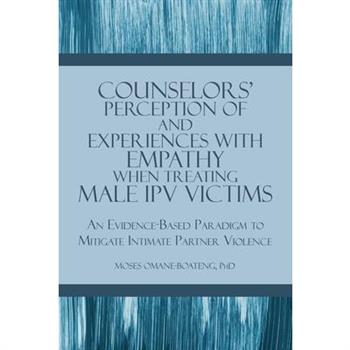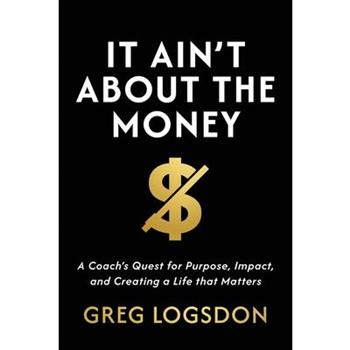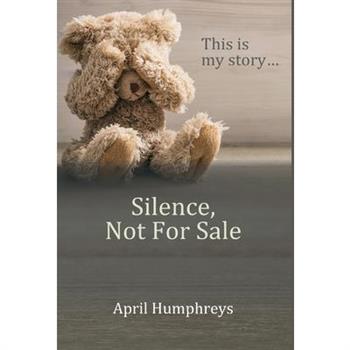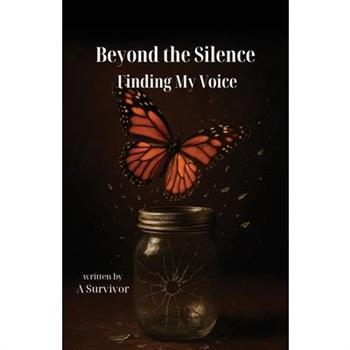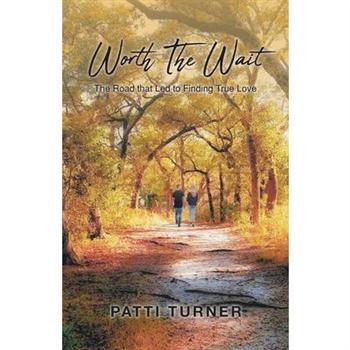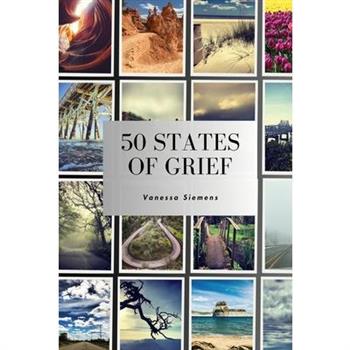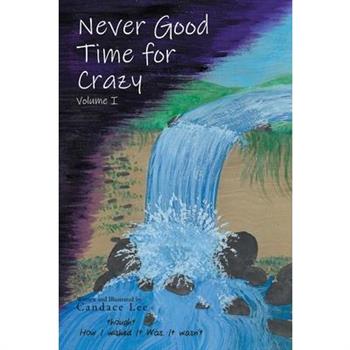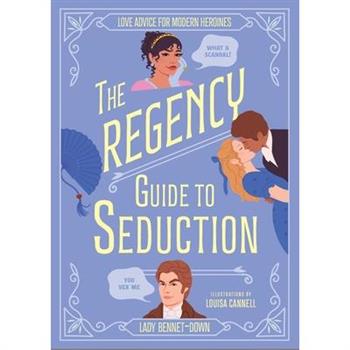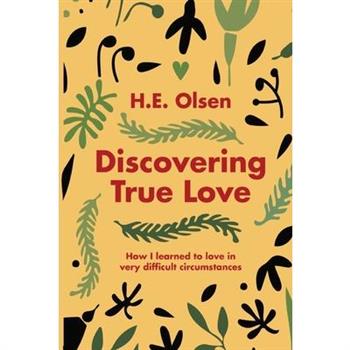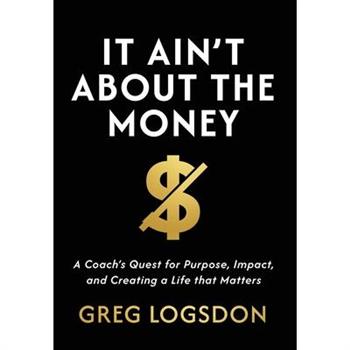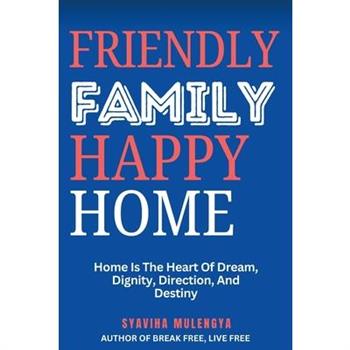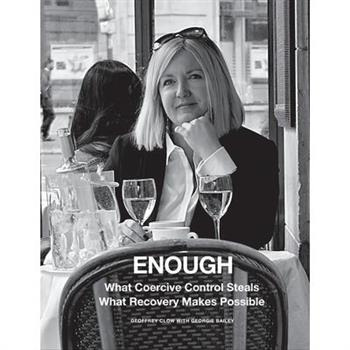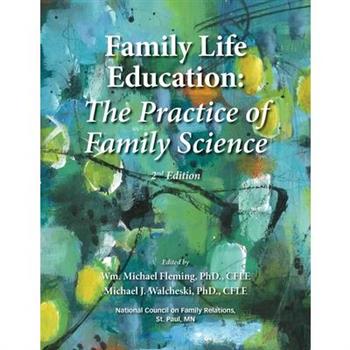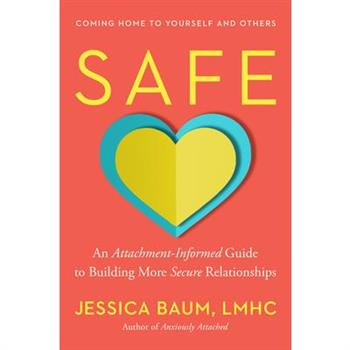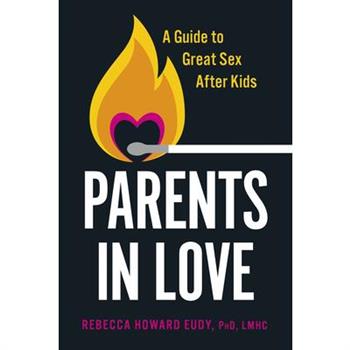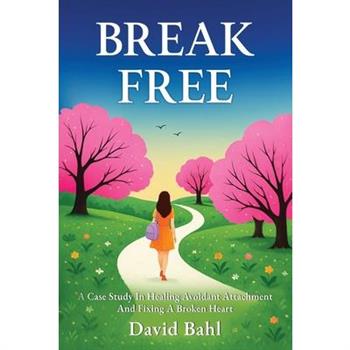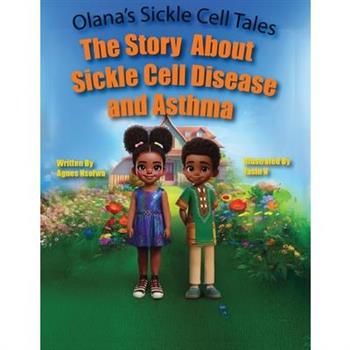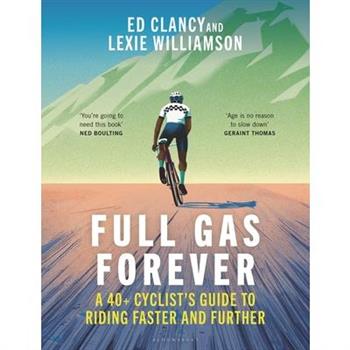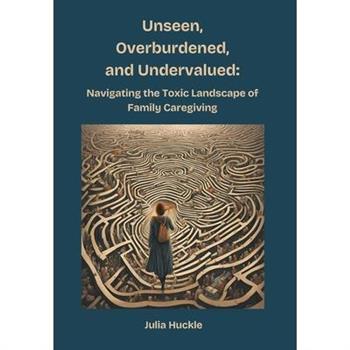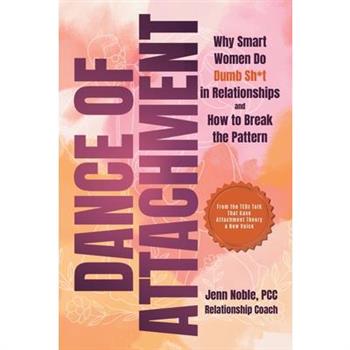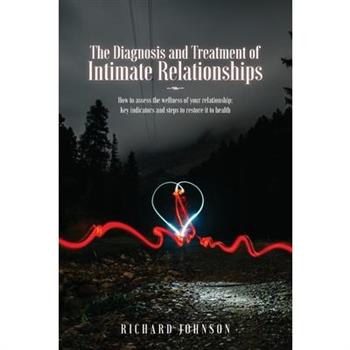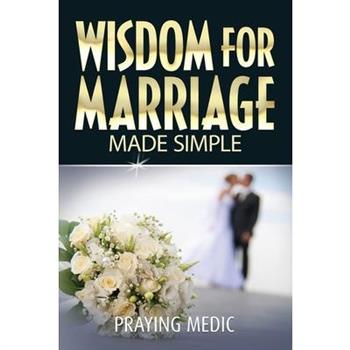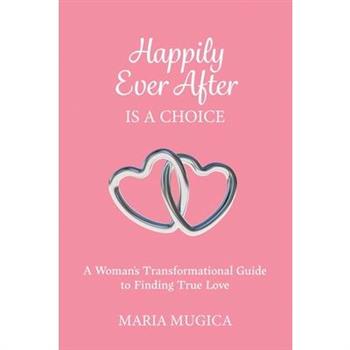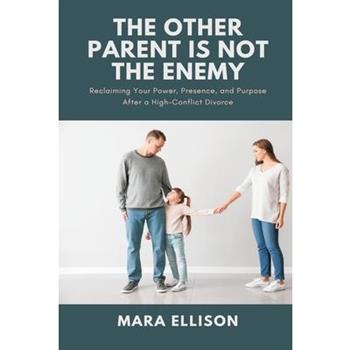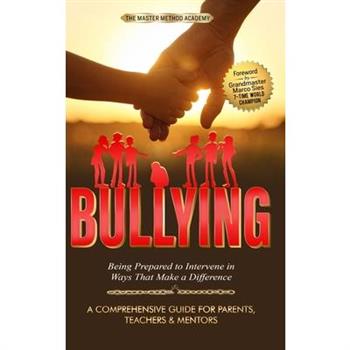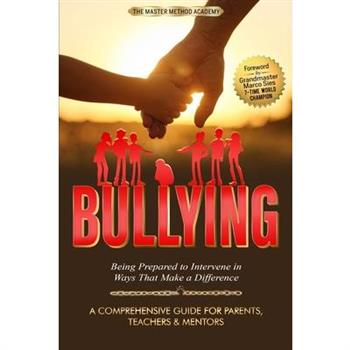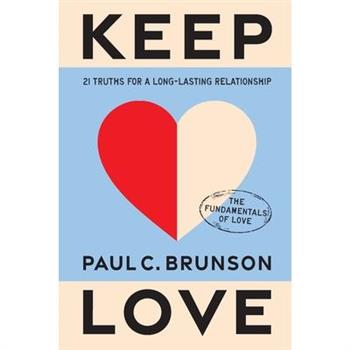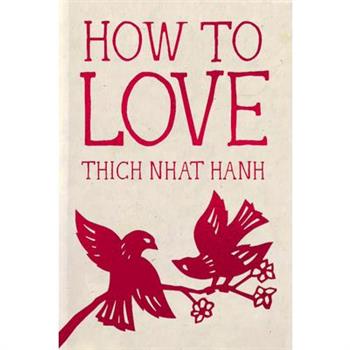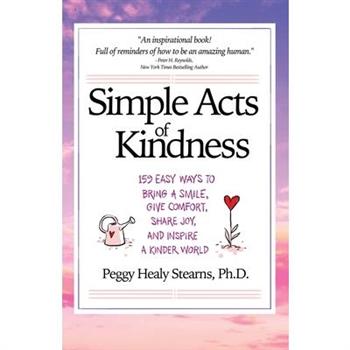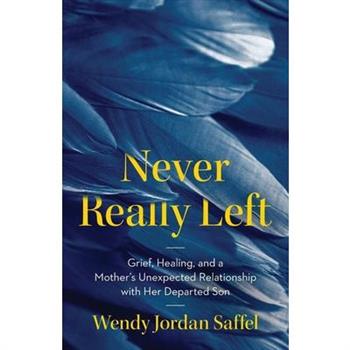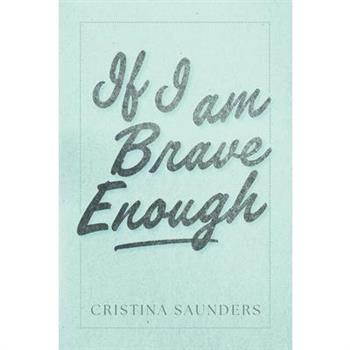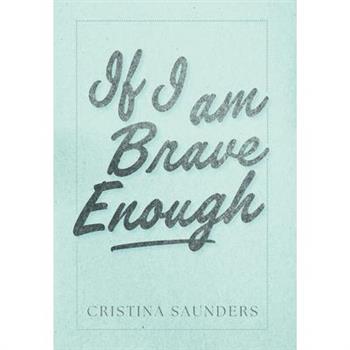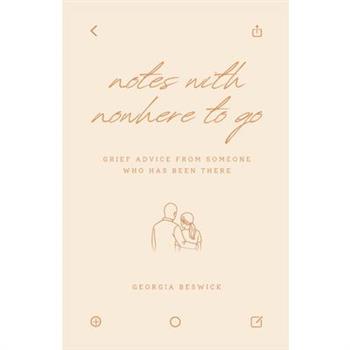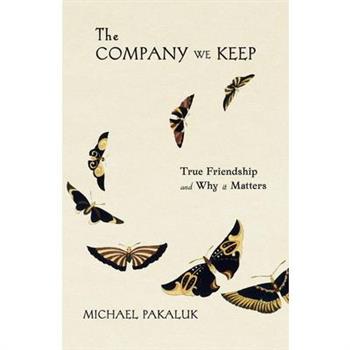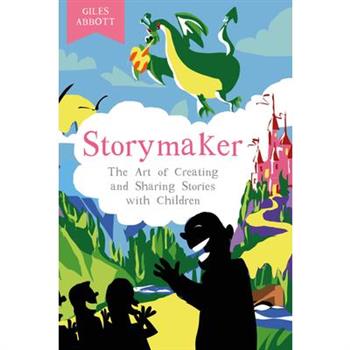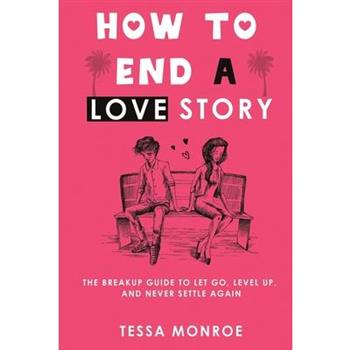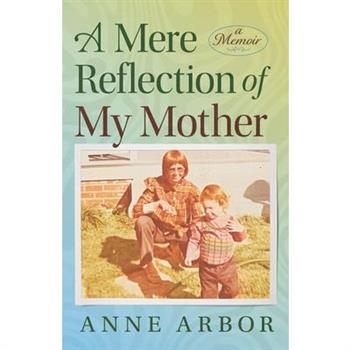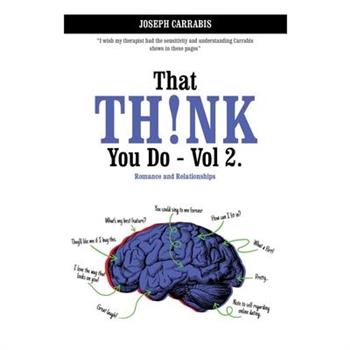Your Perfect Partner Won't Be Perfect
An easy-to-use, insightful guide to modern love from Indian matchmaker Sima Taparia.Dating is overwhelming. Whether you're navigating the intricate world of online dating, pining after an unrequited crush, or searching for "the one" around every corner, you've certainly felt the confusion and frustration that goes hand in hand with dating. But what if it didn't have to be that way? The world of dating continues to evolve and modernize, but every new development is nothing more than smoke and mirrors. The secret to a successful courtship is simple and timeless, and we've known it all along.As one of India's top matchmakers, Sima Taparia has spent her entire career helping clients find their future spouses, and she's ready to share the wisdom she's collected along the way. In Ancient Wisdom for Modern Dating, Sima shares the timeless, tried-and-true traditions of Indian marriage to help readers see dating from a new perspective, avoid common dating pitfalls, and find their perfect matches.
The Regency Guide to Seduction
It is a truth universally acknowledged that the modern world of courtship can at times be compared to a steaming pile of horse excrement! From first dates to final breaks, awkward dinners to dance-floor disasters, and PDA to MIA, allow Lady Bennet-Down to be your heavily corseted guide as she offers insight and sympathy to some of the most commonly ruinous dilemmas contemporary daters face and spills the tea on the Regency art of courtship. So, set aside your cynicism, banish those bad-date memories, because the dating game is not over, dear reader. In fact, it has only just begun.
Cereal Dating
Audie A. Mae never imagined she'd be back in the dating game at age 52-especially not while singlehandedly raising many teenagers. After her beloved husband vanished from their lives, Audie was stuck. She eventually realized that maybe-just maybe-she deserved a shot at romance. So, armed with determination and a cautiously optimistic attitude, she plunged into the uncharted world of online dating.But finding love as a middle-aged, over-caffeinated working mother of teens is no easy task. From profiles littered with shirtless mirror selfies to dinner dates spent deciphering cryptic male behavior, Audie A.'s journey is equal parts hilarious, unbelievable, at times frustrating, and unexpectedly enlightening. As she navigates late-night texts, ghosting, and a few genuine connections, she finds herself learning more about who she is, what she truly wants, and how to balance love with the unexpected calamities of motherhood.Through laugh-out-loud mishaps, poignant moments of self-discovery, and a healthy dose of reality, Cereal Dating proves that love, life, and relationships are all about embracing the unexpected-and sometimes, the best medicine for a broken heart could be in taking chances.
Safe
A guide to fostering more security, intimacy, and peace in our relationships, and in ourselves, by the author of Anxiously Attached The topic of attachment theory has never been hotter. The hashtag #attachmentstyle has appeared more than a billion times on social media--but going beyond simple types to uncover how you developed your unique attachment patterns and why you relate to others as you do is where the deepest insights can be revealed. In this empathic and practical guide, therapist Jessica Baum sheds light on the unprocessed attachment wounds that cause us to live in survival mode--and offers a roadmap for building safe relationships that can become the foundation for true healing. You'll discover what fulfilling, joyful, secure love feels like and how to cultivate it using simple techniques that will help you move from "fight or flight" mode to a place of trust, fulfillment, and true closeness with the people you care about most. Drawing on the brain science behind why we tend to repeat old, painful patterns, therapist Jessica Baum shows you how to move toward relationships that provide the deeper connection, safety, and trust we all long for, in every area of our lives.
Parents in Love
Growing your family doesn't have to mean losing your spark. If your sexual connection and intimacy with your partner has become collateral damage to raising happy kids, Parents in Love will help you bring that passion back to your relationship!Written by a certified sex therapist and married mother of two, Parents in Love offers a research-backed road map to help couples reignite desire, deepen emotional connection, and cultivate a fulfilling sex life amid the chaos and pressure of raising kids. Grounded in attachment theory and the latest relationship science, this book explores: Why libido takes a hit during parenthood (and what you can do about it)How to recognize and repair the attachment injuries that often begin during baby's early yearsWays to rebuild intimacy, restore romance, and keep passion alive through every stage of parentingParents in Love offers relief for every sex-starved parent, as well as those who want to want sex, but just don't. Find out for yourself how prioritizing your romantic connection can help you navigate the challenges of raising children, from toddlerhood to school years to preparing for an empty nest.
Full Gas Forever
'What Ed Clancy doesn't know about cycling isn't worth knowing' - Sir Chris Hoy 'A timely reminder that age is no reason to slow down' - Tour De France winner Geraint Thomas 'Brilliant advice, light-hearted and insightful' - Olympic Champion Victoria Pendleton MBE 'Filled with hard-won advice from the pair on the training, nutrition, recovery and off-bike conditioning required for a long life on - and off - the bike' - Bike Radar AN EXPERT GUIDE FOR ROAD CYCLISTS LOOKING TO DEFY THE YEARS AND RIDE FASTER AND FURTHER Getting older does not mean getting slower. Improving your performance is achievable despite the advance of the years. If you are a midlife rider who wants to ride faster and for longer, Full Gas Forever provides the complete guide. Ed Clancy OBE, a three-time Olympic gold-medal winning cyclist and fitness writer, flexibility expert and midlife cyclist Lexie Williamson, are the ideal people to guide you through the strategies, training, benefits and pitfalls of going full-gas in your fifth or sixth decade. Mixing anecdotes, insights and personal experiences from their own sporting lives, you will find practical guidance on the following: - exercises to enable riders to work on this area of fitness.- off-bike preparation- ride fuelling through a nutritionally focused diet- recovery strategies- injury prevention as well as advice on avoiding overtraining.- dealing with injuries and adapting your training plan accordingly- specifically designed programmes to smash the sprints and outlast the others in a test of endurance. Whether you're looking to scale those peaks, smash those sprints or outlast the others in a test of endurance, this book shows just how it can be done.
The Diagnosis and Treatment of Intimate Relationships
Keep Love
FROM THE HOST OF THE #1 WE NEED TO TALK PODCAST "Paul's book is a game-changer - honest, insightful, and full of passion. The perfect guide to creating love that lasts and keeps the spark alive." --Davina McCall Keep Love is your relationship bible combining cutting-edge research, case studies and self-help tools. Paul outlines all the key myths, issues and challenges that couples will likely experience in their partnerships and arms you with the simple tools, know-how and emotional intelligence to manage them. Through honest and open communication, mutual respect, problem-solving ability, intimacy, and a shared sense of purpose, Keep Love shows us how anyone can build strong foundations for long-lasting love. "Paul is a true relationship expert - Keep Love brilliantly demystifies the secrets to fostering long-lasting connections in this insightful and practical guide. It's essential reading for everyone." --Dr. Tara Swart
How to Love
The most popular book in the "How To" series--now available in special hardcover edition. To celebrate the 10th anniversary of How to Love--a beloved title in Thich Nhat Hanh's bestselling Mindfulness Essentials series--this luminous hardcover gift edition features a refreshed design with crimson sprayed edges, iridescent foil, and spot-color illustrations. Pocket-sized and profound, this modern classic offers clear, compassionate teachings on how to love deeply and mindfully, beginning with ourselves. With warmth and simplicity, Thich Nhat Hanh shows that love is rooted in understanding, deep listening, and presence--making this special edition a meaningful companion for readers at any stage of the journey.
All about Love: The Deluxe Collector's Edition
Now available in a special hardcover Deluxe Collector's Edition featuring beautiful new packaging, including cloth case stamping with red foil, bold endpapers, and red sprayed edges! A New York Times bestseller and enduring classic, All About Love is the acclaimed first volume in feminist icon bell hooks' "Love Song to the Nation" trilogy. All About Love reveals what causes a polarized society, and how to heal the divisions that cause suffering. Here is the truth about love, and inspiration to help us instill caring, compassion, and strength in our homes, schools, and workplaces."The word 'love' is most often defined as a noun, yet we would all love better if we used it as a verb," writes bell hooks as she comes out fighting and on fire in All About Love. Here, at her most provocative and intensely personal, renowned scholar, cultural critic, and feminist bell hooks offers a proactive new ethic for a society bereft with lovelessness--not the lack of romance, but the lack of care, compassion, and unity. People are divided, she declares, by society's failure to provide a model for learning to love. As bell hooks uses her incisive mind to explore the question "What is love?" her answers strike at both the mind and heart. Razing the cultural paradigm that the ideal love is infused with sex and desire, she provides a new path to love that is sacred, redemptive, and healing for individuals and for a nation. The Utne Reader declared bell hooks one of the "100 Visionaries Who Can Change Your Life." All About Love is a powerful, timely affirmation of just how profoundly her revelations can change hearts and minds for the better. "Each offering from bell hooks is a major event, as she has so much to give us." -- Maya Angelou
Storymaker
Perhaps it's a long journey, or you want to get them off their screens? Perhaps it's a group of restless children and you wish you could catch, hold and reward their attention? You can, and, as you magic from thin air a gripping story, that face-to-face engagement does as good as it feels, boosting their contentment, their concentration and their connection with you and with their peers as you journey together with story.Your guide is master storyteller Giles Abbott whose work, for over 20 years, has sought to reconnect adults and children with the sheer joy of story. Start your journey here!
How to End a Love Story
���� Discover the path from heartbreak to wholehearted freedom ✨ What if the end of a love story could mark the beginning of your most powerful chapter yet? ���� This guide offers an honest and compassionate journey through the realities of a breakup-helping you not just survive the pain, but rise with clarity, courage, and strength. �������� Inside, you'll find: ���� Practical tools to reclaim your mental space & set healthy boundaries���� Smart strategies for handling social media triggers���� Journaling prompts to release emotions and gain perspective���� Guidance on recognizing red flags & embracing green ones in love���� Tips to avoid rebound traps and build lasting, meaningful connections Instead of feeling stuck in the shadows of your past relationship, you'll learn how to: ���� Rediscover your true self���� Rebuild self-trust and confidence���� Create a future where you set the standards for love and happiness Whether you're navigating heartbreak for the first time or seeking deeper wisdom after many lessons, this book is your beacon of hope and healing. ���� It's time to claim your peace, honor your worth, and step boldly into new beginnings-because the best love story is the one you write for yourself. ❤️����
A Mere Reflection of My Mother
A deeply emotional memoir of one woman's decision to take care of her mother with cancer while juggling everyday life as a mom of two.At four years of age, Anne's mother drops her off at her father's place and drives away with her new boyfriend in a battered white pickup truck. Through the rest of her childhood and youth, she only sees her mother a handful of times. Life with her father is difficult, but she manages to build a successful life and career, eventually becoming a mother herself.What do you do when the mother you don't know well falls ill?Right after Anne turns forty, she learns her mother has stage four lung cancer. As the only person who can provide care, she is faced with a difficult choice: continue living her life at a safe distance, or step in and care for the mother who didn't care for her.Told with raw honesty, A Mere Reflection of My Mother confronts the complexities of nearly estranged mother-daughter relationships and addresses the realities of being an unexpected caretaker while managing a career and a family as a single parent.
That Think You Do Volume 2
If you ever wonder how to entice that pretty thing across a crowded room, how to recognize if someone's attention is genuine, how to let someone know you're both interested and interesting, how to know if someone's toxic by watching how they move, or how to flirt without getting hurt, this book's for you.Carrabis shares insights gleaned from over forty years as an anthropologist, psychologist, language theorist, neuroscientist, therapist, and pizza maker (guys, want to impress someone? make them dinner). His real life stories are examples of demonstrating good behavior, recognizing the early signs of bad behavior, how to enter a relationship, how to make it last, and how to recognize a relationship's ending before the end is painful.Topics includeHow and when to dress for successThe differences between female and male social networks, and how to navigate them if you're the other genderHow to be heard and how to make others want to hear youWhen a few words is more powerful than a PorscheWhen to talk, when to listen, and howCarrabis' studies and practice brought him all over the world. The wisdom in these pages comes from years studying and teaching at the university level, studying and learning from aboriginal peoples across the globe, and blending these experiences to help people navigate difficult daily and life situations. Chapter by chapter, Carrabis offers healing techniques with a sensitivity and understanding few modern therapists have achieved.




